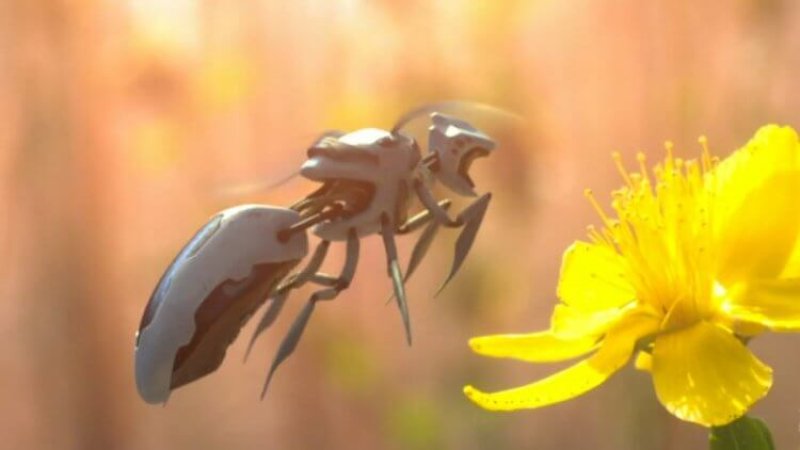According to the Bee Informed Partnership, 37.7% of managed honey bee colonies were lost during the 2018-19 winter — the highest level since the partnership began surveying winter loss after the winter of 2006-07. While problems with colony collapse disorder — when the majority of worker bees leave a colony — have lessened to an extent in recent years, concerns about overall bee health continue.
Those concerns have led researchers to consider whether technology can play a part in pollination. For some researchers, that means looking into whether technology can replace bees. Harvard researchers have created RoboBees, insect-sized flying robots, and about a year ago, they found ways for the robots to fly untethered from power supplies. Numerous researchers are seeking ways to use tiny drones for means of artificial pollination. Walmart filed a patent for a system for “pollinating crops by unmanned vehicles.”
But in North Dakota — annually the No. 1 or No. 2 honey producing state in the country — researchers aren’t trying to use technology to replace pollinators. They’re trying to use technology to make honey bees more efficient.
“I think this is a better option because it’s using what’s already in the natural landscape,” Lyall says. “We’re just making better use of that commodity.”
Read full, original article: High-tech pollination program begins work in ND sunflower fields
































